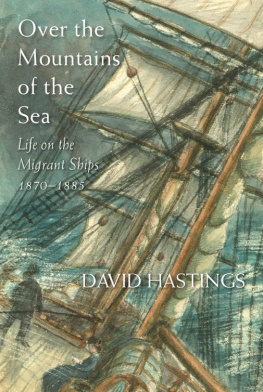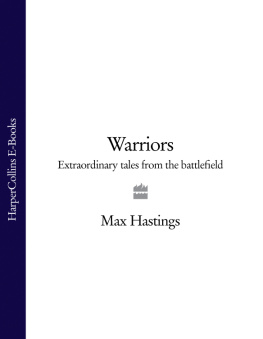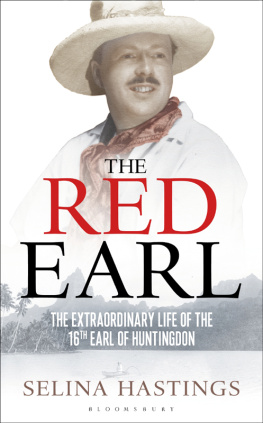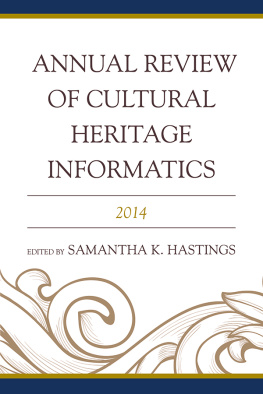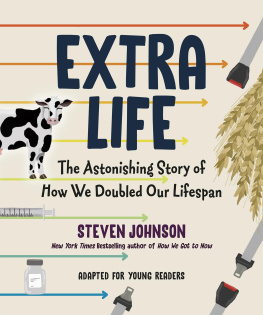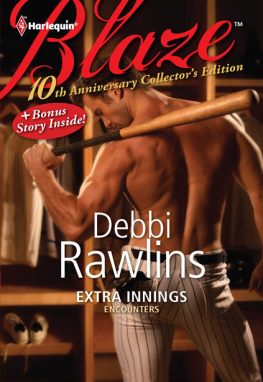Extra! Extra!
ALSO BY DAVID HASTINGS
Over the Mountains of the Sea: Life on the Migrant Ships, 18701885
Extra!
Extra!
How the people made the news
David Hastings

CONTENTS
INTRODUCTION
Extra! Extra!
O NE MORNING IN LATE SPRING 1868 the New Zealand Herald shipping reporter Henry Brett hurried down to Queen Street Wharf and hired a waterman to row him out to meet the Lord Ashley, a 500-ton steamer heading into the Waitemat Harbour after a voyage from the East Coast. Brett usually picked Tom Strong or Bill Connolly for a job like this because they rowed fast and understood the urgency of his mission, which was to reach the ship before his rivals from the Evening News and Daily Southern Cross so he could be first to gather whatever news it carried and beat them back to shore and into print.
Shipping reporters were among the most important people on newspapers in mid-nineteenth-century Auckland, which relied on the sea for its communications with the outside world, and Brett was the best in the business. He was resourceful, brave and even unscrupulous in his determination to be first. The stories told about him were a mixture of hero worship, admiration and envy. One old rival recalled that it was almost impossible to beat Brett, even with teamwork: Perhaps I may admit now that it always took about three of us to watch Brett. He was as slippery as an eel. Another was his reporters knack of making contacts; he knew everyone of importance around the harbour from the ships captains and pursers to the pilots and watermen, all of whom helped him to do his job in a way no one was ever able to match.
On that spring day in 1868 it was thanks to the foresight of one of those contacts that Brett scored the greatest scoop of his career. When he reached the Lord Ashley, Moss the purser leaned over the railings, tossed him a parcel of papers and shouted catch this and pull for your life. Thanks to his contact, Brett had a clean break over his rivals who were left to the time-consuming task of interviewing passengers on the ship while he was rowing swiftly back to shore.
The waterman dropped him at the wharf, and he sprinted to the Herald office in Wyndham Street, where they produced an extra edition that afternoon. When the other reporters reached town with their versions of the story the Herald was already on the streets. It was at times like this that the town rang to the cry of Extra! Extra! as the paperboys did their part in spreading the news. Bretts scoop caused a great sensation; everyone was talking about the massacre. We came in for a good deal of commendation for our smartness in getting out such an account in such a short while, he wrote 50 years later.
Brett, who had started his Auckland career as a compositor on the Southern Cross, ended it as the proprietor of the Auckland Star, making him one of the citys most important press barons. He was an enormously influential figure in the battles fought for newspaper supremacy, and many important lessons could be drawn from his experiences and escapades as compositor, reporter and proprietor. But no lesson was more important than the one to be taken from his great scoop because it showed what the fighting was all about: to be first with the news. A papers success or failure depended on its ability to provide news that interested its readers, whether it was of sensational events such as the Poverty Bay massacre or mundane information such as market prices, shipping movements, petty crime, concerts, political debates and so on. The papers that did best were the ones run by journalists who had the keenest sense of what readers wanted and, like Brett, the skill to get it first.
Because of the imperative to serve reader interests, newspapers were shaped by their communities and were constantly having to adjust as social interests and standards changed. This point is of crucial importance to understanding the history of Aucklands press because so much criticism and analysis both formal and informal sees influence working the other way around. Newspapers were supposedly instruments of social control devised by the ruling elite for the dual purpose of making money and exercising power through their influence on public opinion. So rather than being shaped, they were the ones that did the shaping. Largely because of the uncritical acceptance of ideas like these, historians have tended to underestimate the value of newspapers as historical documents which, for all their shortcomings, can tell us much about the societies from which they emerged and with which they were intimately connected.
In the most important overarching narrative of newspaper history, philosopher Jrgen Habermas argued that they were not always institutions of social control. Rather, the predecessors of our modern-day newspapers began as public-spirited institutions engaged in rationalcritical debate in eighteenth-century England only to be corrupted by the advent of commercialism, which turned them into complexes of power that threatened the critical functions they originally performed.
Just as the ideal appears at many different times, so too does Habermas observation that it was corrupted by commercialism, which turned readers into consumers and polluted the earnest waters of political discourse by pandering to the lowest common denominator and advancing the political interests of big business.
Patrick Day has identified a similar transformation in New Zealand where the early papers, up to the 1860s, were, he says, political and reliant on political patronage but then became more commercial.
Feather brained commercialised news, as Matthew Arnold described it, was what turned newspapers into instruments of social control which worked by filling the heads of the masses with nonsense. Lippmann coined the term manufacturing consent for the way officials manipulated public opinion, and the phrase became the title of a book by Edward Herman and Noam Chomsky expanding on the theme some 60 years later.
And yet there are good reasons to question the narrative of the corrupted ideal. Historians Asa Briggs and Peter Burke point out that Habermas has been criticised for making too much of the virtues of the early newspapers when they were just as likely to attempt manipulation as their commercial successors. and to be successful, it requires that readers should not know their own minds otherwise it would be impossible for unscrupulous newspaper barons to manufacture consent like so many cans of baked beans.
However, holding a mirror to society was not a simple, uncomplicated and objective process that worked according to some impersonal law of physics. On the contrary, it was deeply personal and a matter of judgement. No two reflections were the same and the journalists who did it best at least in the eyes of their readers were the ones who succeeded in the battles for newspaper supremacy.
The prime method of attracting readers was by publishing news they wanted to know and needed to know. This was the mechanism through which a community shaped its press. Contrary to the notion that news was invented by commercialism, the reality was more of a discovery that certain topics had always been interesting to people and had commercial value when packaged, printed and sold. News about crime, disasters and extraordinary events had always commanded attention and was the subject matter of popular culture, even before newspapers as such existed. Ghoulish testimony to the public interest in sensational events is to be found in the large crowds that gathered to witness public hangings in late seventeenth-and early eighteenth-century London. To that extent newspapers were like brothels, not creating a demand but supplying it.
Next page

